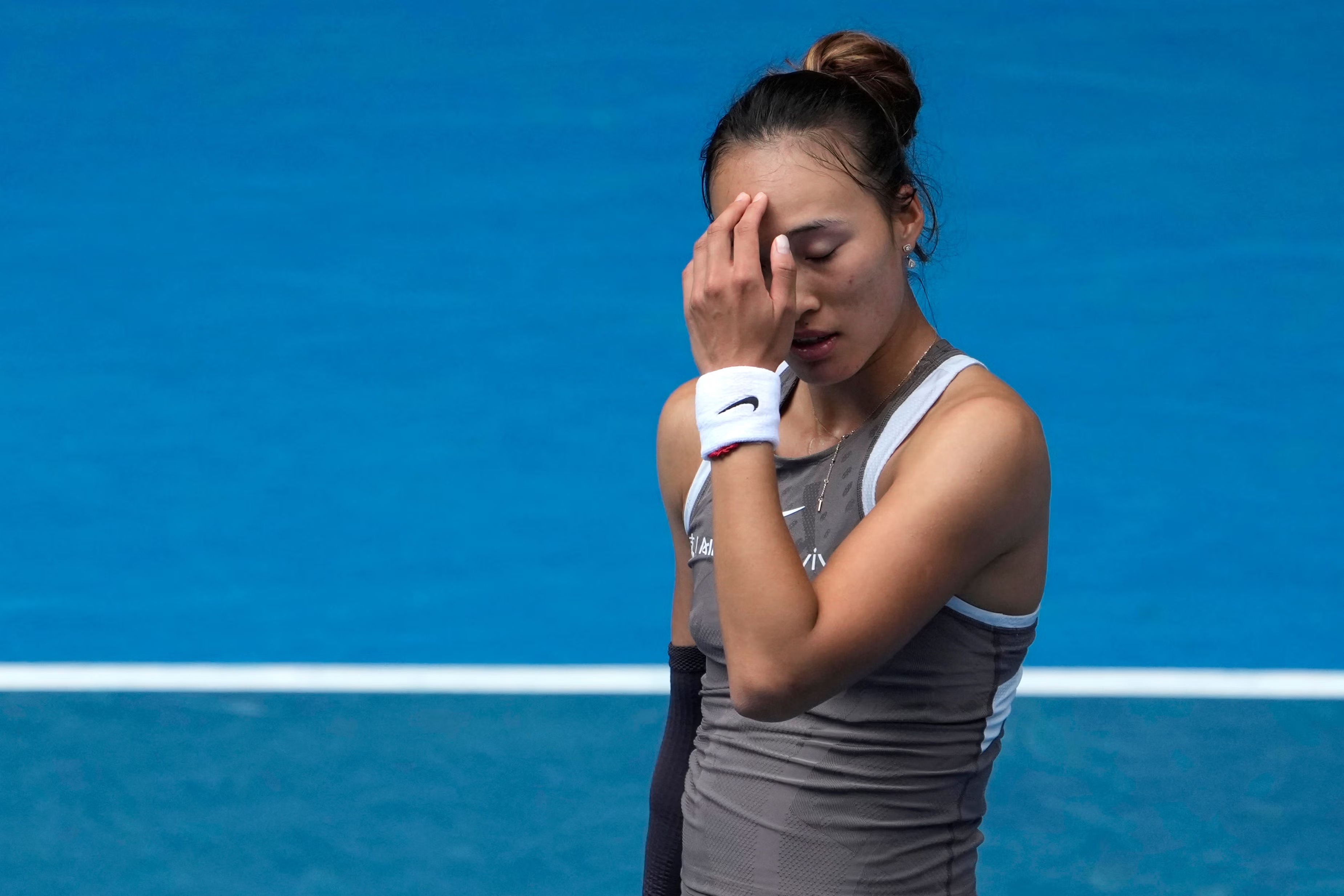Multiple tennis legends have analyzed the roots of Zheng Qinwen's defeat, describing her as being "outmaneuvered by the 'Spiritual Teaching'" in her second-round loss at the Australian Open to Siegemund.
Experts from the renowned international tennis website Tennis Channel used four words to describe Zheng Qinwen's defeat in the second round of the Australian Open against Siegemund: "baffling."

"This is a player who has won an Olympic gold medal and reached the Australian Open final last year," said tennis journalist Jon Wertheim. "It's not that she was guaranteed to win the Australian Open, but to lose to someone who is almost 37 years old?"
Siegemund, a seasoned veteran currently ranked 97th in the world, demonstrated a frustratingly diverse playing style on Court Cain, defeating the fifth-seeded Zheng Qinwen with a score of 7-6(3) 6-3, thanks to her success in doubles matches over the years.

"If you look at the top 100 or 150 players in women's tennis, very few use slice shots anymore," pointed out former world No. 1 Davenport. "One reason Barty was so successful was that she was not only an excellent player but also because, in her era, few players were accustomed to dealing with slice shots."
Davenport analyzed: "Siegemund is a master of the slice shot. She plays drop shots, slices, and lob shots. Her goal is to give her opponent no sense of rhythm. For Zheng Qinwen, she did not play at her best and could not find a way to establish a rhythm to integrate herself into the game. This also proves Siegemund's ability; her entire game plan was to prevent her opponent from playing comfortably, and she succeeded in doing so."

Zheng Qinwen was originally one of the favorites to win the 2025 Australian Open, but she was ultimately defeated by Siegemund's diverse tactics on Court Cain. Due to her coach Pere Riba's absence following hip surgery, Zheng Qinwen may have found part of the reason for her failure. She admitted that she was not at her peak condition at the start of the season due to injuries.
"I had some minor issues after the WTA Finals," Zheng Qinwen said at the post-match press conference. "This year, due to unresolved physical problems, I had no opportunity to participate in matches before the Australian Open."

Due to starting the season late and lacking match fitness, Zheng Qinwen encountered the least suitable opponent for her. "Zheng is also a hard-hitting player: she likes to play according to her own rhythm," commented Prakash Amritraj. "We saw in the United Cup that Siegemund is very skilled in doubles; she effortlessly executes volleys and switches angles at the net."
"When you can volley at the net and shorten rallies, the ball returns faster, causing the opponent to feel somewhat flustered. Siegemund can compress space on the court; I believe this is also a factor that makes Zheng Qinwen struggle more in subpar form," he added.
Since Barty retired as world No. 1 in 2022, the top positions in women's tennis have been mainly occupied by power hitters. The current world No. 1, Sabalenka, is still trying to improve her all-around game but remains most adept at powerful forehand shots.
"So here's the question: if female players really aren't good at dealing with slice shots, why not develop better slice backhand techniques?" asked Martina Navratilova, a master of diverse playing styles from the 1980s tour. "This is equally baffling to me." (Source: Tennis Home Author: Spark)